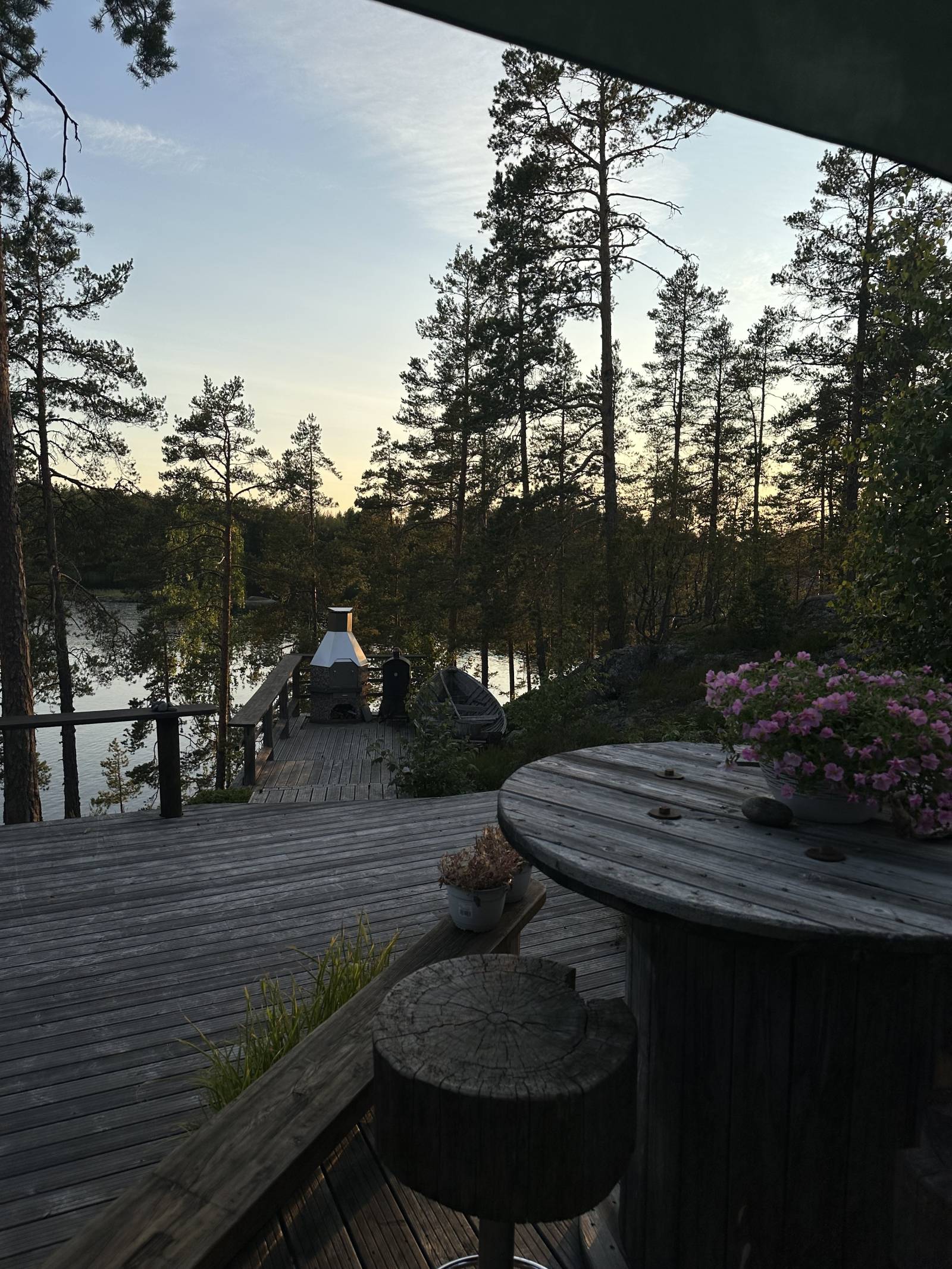
Unapologetically Finnish
To me unapologetically Finnish is a perfect phrase to describe numerous aspects of Finnish culture. Having grown up abroad I often find contrasting habits and routines that differ in Finland and to me each is the epitome of being unapologetically Finnish.
Culture and language
To be British is to say please, thank you, sorry and you’re welcome a million times embedding all your sentences with pleasantries, to be Finnish is too not. That is not to say being Finnish means you have no manners but it simply means ones true wants and meanings to words aren’t hidden behind a facade. I find in Finland people are more straight to the point and don’t overuse pleasantries in situations where it really isn’t needed. Finnish individuals are quite direct with their speech and very straightforward. Through this what is being said is what is truly being meant. Lack of pleasantries also adds the comfort in silence
Sauna and bodies
Sauna – A sauna is a small room used as a hot-air or steam bath for the body. The sauna was invented in Finland and has been a way of life for over 2000 years.
Finns are “unapologetically Finnish” in saunas and spas where they respect the sauna and their bodies by being naked in their designated spaces. The rules are respected and there is no shame in a changing room or sauna. In these places, Finns are unapologetically Finnish, where there is no judgement but only normality and contentedness.
Pride in ones nation
Finns are proud of their country, language and nation as a whole and this shows through aspects like ice hockey and the language. The culture around ice hockey is impactful in Finland, in victory or not Finns unite together on the streets celebrating. In addition the word Torille (Torilla tavataan) is typically used by ice hockey fans when their team has won a championship and means “to the market square”. Finns also now use this word when Finland is mentioned in the media. To me there is joy and pride behind this word.
Names
In Finland, individuals are addressed by their first names and it isn’t common to address individuals in a very formal manner. Growing up in England, the students had to also address a teacher formally by a courtesy title such as Miss, Mrs, Mr, and Ms and their last name. Whereas in Finland students address their teachers by their first name. Gendered titles are not common and used in Finland. In certain situations, formal language may be used for higher respect.





Comments